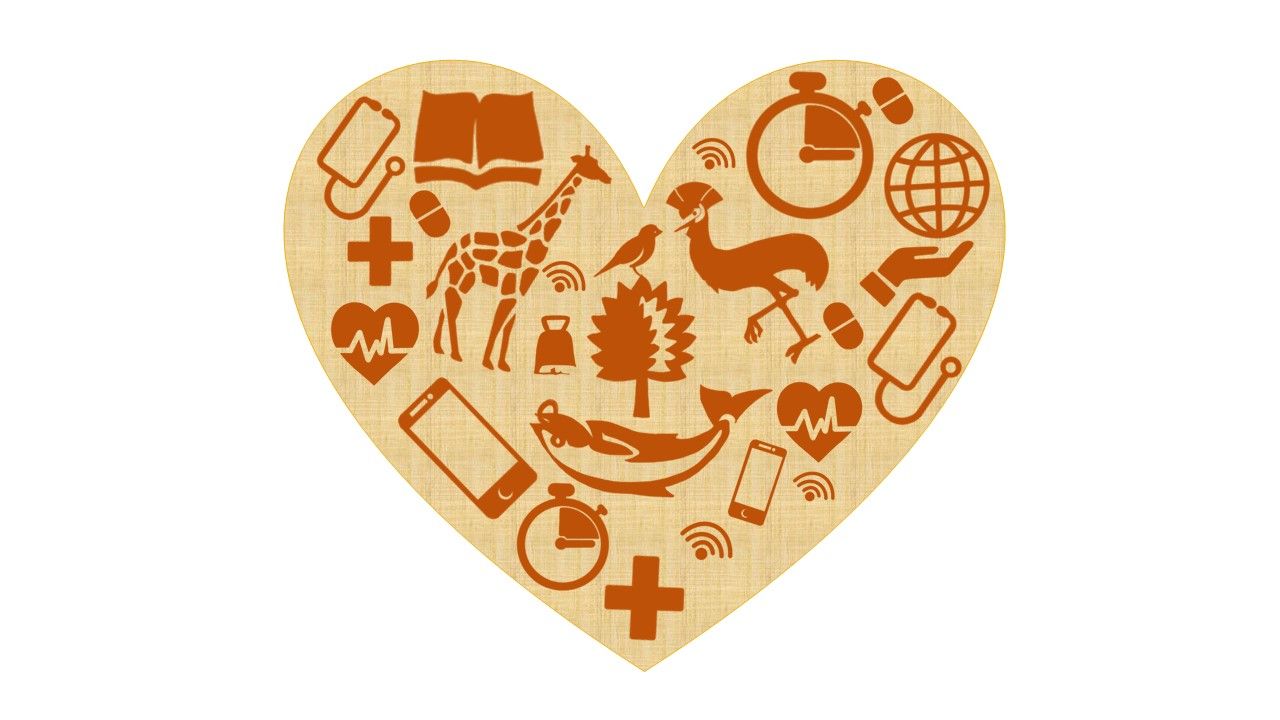Our Activities
Exploring the Relationship between Data and Healthcare Policy
Following the delivery of co-creation and co-production sessions during the first workshop in Uganda, we will prepare a communication plan during the first 6 months of the project, including defining a web presence, publication, dissemination through social media and broader public engagement, SDG 17.
Understanding Data Integrity and Security in Digital Health
This activity is concerned with understanding of the barriers to managing healthcare for remote communities using mobile phone enabled telemedicine, including access to patient records (where they exist) for diagnostic medicine, as well as issues around data integrity and security in use for monitoring health. Quality assurance across the whole device lifecycle is important, as the data produced from diagnostic tests drives healthcare policies, treatment planning and resource allocation in rural communities. One important aspect is how this information can be accessed by those delivering treatment for the effective distribution of medicines for remote and/or isolated communities. This includes timing of mass drug administrations in rural communities to coincide with peaks of infectious disease prevalence in humans and animals.
Exploring the Relationship between Data and Healthcare Policy
In order to further expand the application of the technology, in parallel, we also wish to explore how the implementation of a blockchain protocol using a mobile phone platform can be used to enable healthcare technology staff to ensure secure data collection and storage of the diagnostic data. We also aim to establish the requirements for the presentation of the data in online systems as decision support tools around surveillance and early warning of (re-)emergence of disease, including the fusion of diagnostic data with other potential data sources to enable its use by national as well as regional healthcare infrastructure (including regional health boards).
ICT Devices for Data Acquisition and Communication in East Africa
This theme is concerned with the availability, access and management of patient information, including the devices and infrastructure that can be used to both collect and collate data around patients, their clinical symptoms and their treatment. An important part of this theme will be working within the network to understand the regulatory pathways to enable the production and use of mobile based diagnostics in East Africa. We also propose to develop collaborations to enable the devices that we develop to be produced in country, in partnership with Ugandan Industrial Research Institute (UIRI). The programme thus fulfils a balance between engineering and computing science, and its delivery in low-resource settings.¬
Capacity Strengthening - Educational Training underpinning Digital Health
In addition to the four themes discussed above, we will work with local Universities as well as technical colleges and schools to explore how training in ICT and engineering can help enable the development of a cohort with the necessary skills and abilities to develop future mobile health tools, to be able to use them and to interpret data gathered by them. We will embed capacity strengthening activities within the two workshops, which will involve PhD students and MSc students from our partners as critical stakeholders in the activity.

Contact Us
Ranking Building, University Avenue, Glasgow, Scotland
G12 8QQ
This email address is being protected from spambots. You need JavaScript enabled to view it.
This email address is being protected from spambots. You need JavaScript enabled to view it.